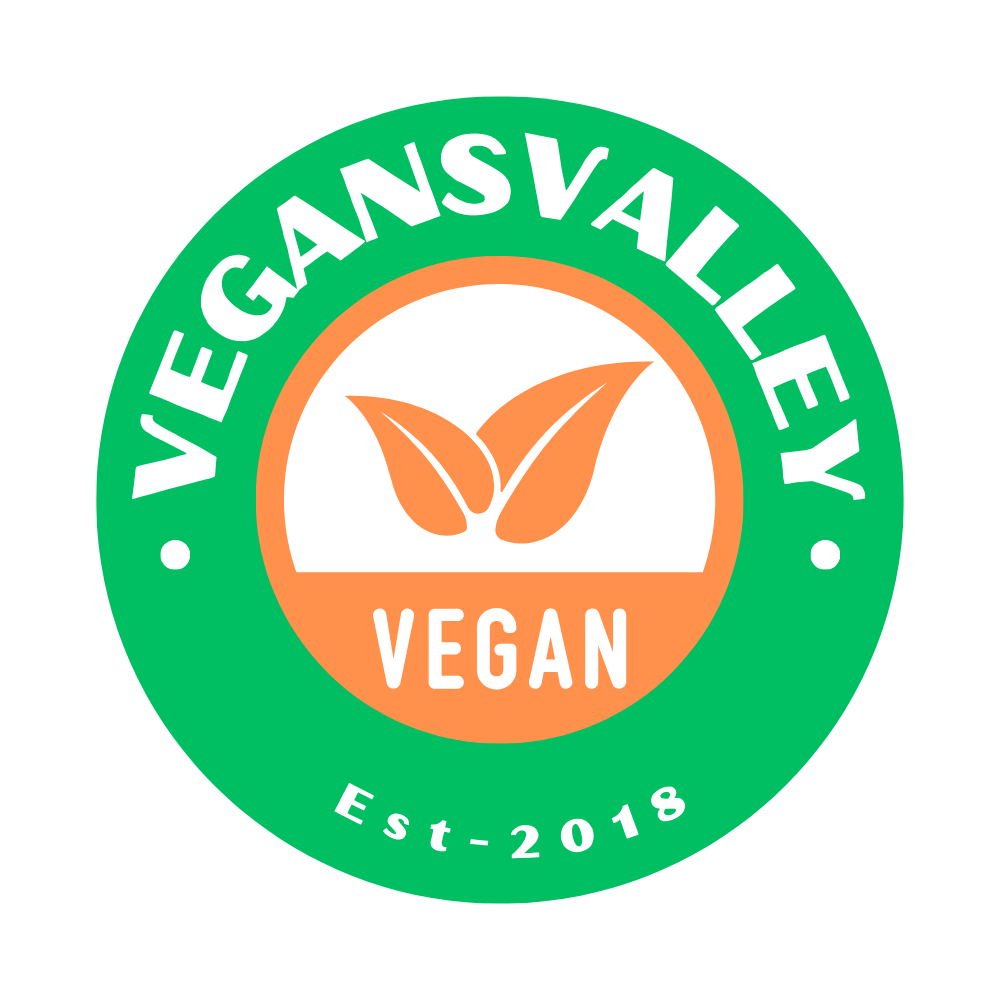Is Vegan Diet for Dogs Healthy and Safe: Benefits, Risks & Recipes
The idea of feeding your dog a vegan diet is becoming increasingly popular among pet owners. However, many of them ask, “Is vegan diet for dogs truly appropriate?” Can it meet their nutritional needs, or are there hidden dangers? In this blog post, we’ll explore the benefits and risks, backed by studies, and provide you with practical solutions, including plant-based diet recipes for dogs with specific health conditions like allergies, cancer, and kidney disease.
What Is a Vegan Diet for Dogs?
This diet consists of plant-based foods, excluding any animal-derived products such as meat, dairy, and eggs. Instead, it includes ingredients like lentils, beans, vegetables, fruits, grains, and supplements to ensure your dog gets the necessary nutrients. Dogs are omnivores, meaning they can digest both plant and animal foods. However, this doesn’t necessarily mean a vegan diet is the right fit for every dog. Let’s break it down further.
Benefits of a Plant-Based Diet for Dogs
- May Reduce Allergies: Dogs with food sensitivities or allergies to animal proteins can benefit from a vegan diet. By eliminating common allergens, symptoms such as itching and digestive issues may improve.
- Improved Kidney Health: A vegan diet for dogs with kidney disease can reduce the workload on the kidneys due to lower phosphorus levels, improving quality of life.
- Anti-Cancer Properties: Some plant-based diets are rich in antioxidants and phytonutrients that may support dogs with cancer by boosting their immune system.
- Better for the Environment: A vegan diet reduces the environmental impact of feeding pets, aligning with the values of eco-conscious owners.
Dangers of a Vegan-Friendly Diet for Dogs
- Nutritional Imbalances: Dogs require specific nutrients, including amino acids like taurine and L-carnitine, which are often found in animal products. Without proper supplementation, a plant-based diet can lead to deficiencies.
- Digestive Issues: Some dogs may struggle to adjust to a high-fiber vegan diet, leading to bloating or diarrhea.
- Lack of Veterinary Support: Not all vets recommend a vegan diet for dogs due to concerns about long-term health impacts.
Can a Vegan Diet Be Safe for Dogs?
Yes, but only if it is well-planned and balanced. Consulting with a veterinarian or pet nutritionist is crucial to ensure your dog receives the necessary nutrients. Commercial vegan-friendly dog foods are often fortified with essential vitamins and amino acids, making them a safer option than homemade diets.
Plant-Based Diet for Dogs with Health Conditions
A vegan diet can offer targeted benefits for dogs with specific health conditions. For dogs with kidney disease, plant-based diets that are naturally low in phosphorus and protein may help reduce the strain on their kidneys, though it’s essential to consult a veterinarian for tailored dietary guidelines. Similarly, eliminating animal proteins from a dog’s diet can alleviate food allergies, improving their skin and coat health. Hypoallergenic ingredients such as sweet potatoes and lentils are often well-tolerated and provide necessary nutrients.
For dogs with cancer, antioxidant-rich plant foods like blueberries, spinach, and turmeric can offer immune support and aid in recovery. Meanwhile, dogs suffering from inflammatory bowel disease (IBD) may benefit from a bland vegan diet featuring easily digestible foods like rice and boiled vegetables, which can help soothe their digestive system and reduce inflammation. Each of these dietary approaches should be carefully planned to meet nutritional needs while addressing the specific health challenges.
Recipes for Vegan-Friendly Diets for Dogs
Simple Vegan Meal:
- 1 cup cooked quinoa
- 1/2 cup boiled sweet potatoes
- 1/4 cup steamed spinach
- 1 tablespoon flaxseed oil
- Taurine and multivitamin supplement
Vegan Treat Recipe:
- 1 cup rolled oats
- 1/4 cup peanut butter (unsweetened, unsalted)
- 1 mashed banana
- Mix, form into balls, and refrigerate.
FAQs on Vegan Diet For Dogs
Is a Vegan-Friendly Diet Healthy for Dogs?
A vegan diet can be healthy for dogs if properly formulated. It’s essential to include all required nutrients through food or supplementation.
Is a Vegan Diet Safe for Dogs?
Yes, but safety depends on meticulous planning and veterinary oversight. Use fortified vegan dog foods or consult a nutritionist for homemade diets.
Do Vets Recommend a Plant-Based Diet for Dogs?
Opinions vary. Some vets support vegan diets under strict monitoring, while others caution against potential deficiencies.
Is a Plant-Based Diet Good or Bad for Dogs with Allergies?
Good. A vegan diet can be an effective way to eliminate allergens and improve overall health for dogs with food sensitivities.
Can I Feed My Dog a Raw Vegan-Friendly Diet?
Feeding raw vegan diets is risky due to potential bacterial contamination and difficulty balancing nutrients. Cooked meals are safer.
Are Plant-Based Diets Better for Dogs?
Not necessarily better, but they can be suitable for dogs with specific health needs or ethical considerations.
Conclusion
Feeding your dog a vegan diet is a decision that requires careful consideration and planning. While it can offer significant benefits, such as reducing allergies or supporting certain health conditions, it also comes with challenges like meeting nutritional needs. To ensure your dog thrives, consult with a veterinarian or pet nutritionist, and choose high-quality, balanced ingredients. Every dog is unique, so understanding your pet’s specific requirements is key to making the best dietary choice for their health and happiness.
